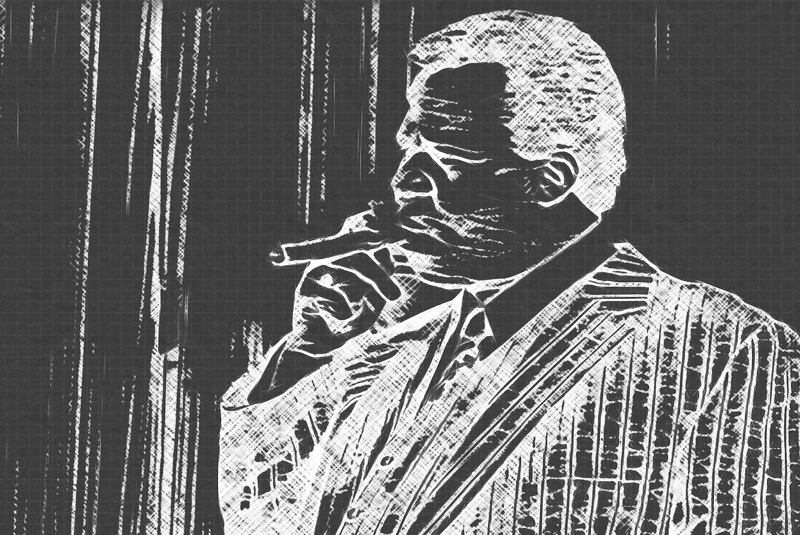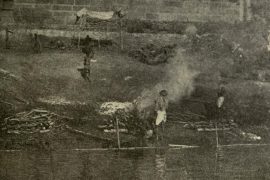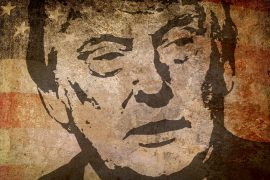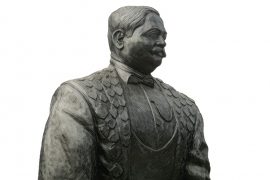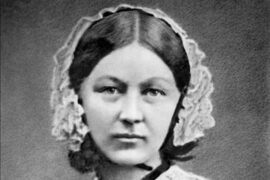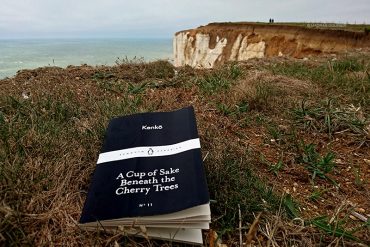A lie repeated ad nauseum takes on the appearance of truth. After centuries of loot and exploitation, the British vacated Africa’s Gold Coast in 1957, leaving Ghana a free country. Having monopolised the slave trade and Western Africa’s gold resources for centuries, the British economy was massively subsidised by the material and human capital of the region, which received little from the coloniser in return.
When the freedom fighter and popular leader, Kwame Nkrumah, became Ghana’s first head of government, he inherited a country bereft of institutions and infrastructure and virtually no financial reserves.
In the decade before independence, the British had siphoned off untold wealth from the country, which they would not return. To hide this uncomfortable truth, they spread the canard that Ghana was sitting on a huge pile of resources.
This provided fertile ground for creative speculation, and from there emerged arguably the biggest financial scam of the twentieth century. The mastermind was a glib and charismatic young Ghanaian called Doctor John Ackah Blay-Miezah.
Blay concocted the following tale: As newly-independent Ghana had been in a state of flux due to continual plots by foreign and local forces to overthrow Nkrumah’s nationalist government, the visionary patriot had, through his years in power, secretly moved millions of dollars in cash and gold to safe vaults abroad to prevent their falling into the wrong hands.
Blay’s story went on: When the former president lay abandoned and alone on his deathbed, years after he had been deposed in a coup, he revealed to his sole remaining confidante, Blay-Miezah himself, the existence of the secret stash placed in a so-called Oman Ghana Trust Fund. Nkrumah put Blay in charge of the Trust and directed him to bring the wealth back to Ghana at the opportune time paving the way to a golden future for the country.
When Blay revealed this story confidentially to Ghana’s military dictator in 1974, it seemed like a providential answer to the multiple crises threatening the country. Impelled as much by personal greed as by national interest, the colonel unhesitatingly gave the trickster a carte blanche to bring back Ghana’s hidden treasure.
Little did the dictator realise the sort of person to whom he was entrusting the country’s purported wealth. Blay-Miezah, the irresistible charmer, had stolen another man’s educational qualifications, including his appellation of ‘Doctor’; he had been jailed for fraud in Ghana as well as in the United States; he had cheated several unsuspecting souls; his obsession with the good life and his vaulting ambition placed him beyond moral constraints.
Given the official imprimatur, Blay cleverly spread the fiction about the Trust Fund. The ‘golden future’ that it portended for every Ghanaian earned him huge influence and popularity, almost winning him the president’s post. The effects of the story overseas were equally significant.
Promising astronomical returns, he enticed investors in the US, Europe and even as far away as South Korea to park millions of dollars with him. From poor widows and small-time punters to millionaires and shady bankers, hundreds were conned into parting with their money.
Having built a network of dubious allies across continents, he played on the greed of his backers for whom the dream of windfall returns from the storied Oman Ghana Trust Fund was too tantalising to forsake – despite all indications to the contrary.
Blay-Miezah blatantly squandered millions of dollars of shareholders’ money on an ostentatious lifestyle shuttling between Western capitals. The subject of investigations by agencies and courts in many countries, he was often on the run and occasionally in prison. Time and again, he promised investors that tortuous formalities for the release of the hidden wealth were complete, and they would soon be paid. Each time, he came up with a last-minute excuse to avoid a payout.
In Ghana, he assiduously sustained the mirage of the impending return of the country’s treasure through successive coups and political upheavals. Even the malevolent dictator, Jerry John Rawlings, was taken in.
For the better part of fifteen years, Blay-Miezah kept his balloon in the air: telling a lie upon lie, cheating governments and banks, faking documents, sacrificing allies and destroying lives.
Finally, with investigative agencies of three continents on his trail, having fallen out with Rawlings and burnt all his bridges, Blay found himself under house arrest. With his health paying the price for his profligate lifestyle, he died at the age of 42.
Even Blay-Miezah’s death would not kill the story of the Oman Ghana Trust Fund. But the Fund was pure fiction. Not a penny emerged from it either to benefit Blay’s or Nkrumah’s heirs or the unfortunate investors, let alone the people of Ghana.
The tale of hidden treasure was so alluring that nobody wished to acknowledge the reality that a con artist had sold the world a chimaera.
-30-
Copyright©Madras Courier, All Rights Reserved. You may share using our article tools. Please don't cut articles from madrascourier.com and redistribute by email, post to the web, mobile phone or social media.Please send in your feed back and comments to [email protected]

